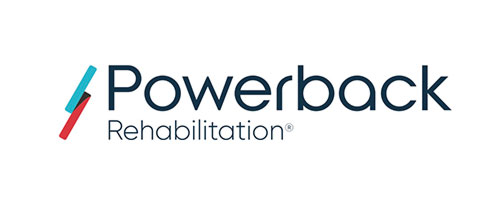A life filled with questions
Are you a curious person? If you are like me, then why was probably one of your first words.
Being curious means I lead a life filled with questions. It is the lens through which I view the world and its challenges. For example, why do challenges exist in the first place? What can we do about them, and why? Who needs to be part of the solutions, and why?
Recently, I found my curiosity piqued by a study from the Harvard T. H. Chan School of Public Health, which was published in the scientific journal Circulation.Using the data from two studies covering a roughly 30-year study period, researchers analyzed the impact that five healthy lifestyle behaviors had on life expectancy. The results showed that, when compared to participants who did not adopt any behaviors, those who adhered to all behaviors at age 50 had a projected life-expectancy extension of 14 years for women and 12.2 years for men. But (and it's a big one), only 8%of the study's 122,000 participants were able to achieve the five behaviors.
Let's think about this picture for a moment. Whatever positive spin we may try to put on the results, 8% is a dismal number. My response? Why? Why such a small proportion?
Perhaps a good place to start is by looking in the mirror. Ask yourself the question, "If I knew I had a 74% chance to live more than a decade longer-time I could spend with my family and friends, and experience life and all the world has to offer-could I eat a healthy diet, exercise regularly, maintain a healthy body weight, consume moderate amounts of alcohol and choose not to smoke?" Of course, you could. But, would you? Only 9,760 study participants did.

One challenge to achieving this goal is we live in a world of addictions and instant gratification. Besides pleasure, some of the things we are addicted to include:
• consuming more than we need
• having other people or things do the work for us
• eating on the go
• spending more time with our computer screens than our families
• drinking alcohol or smoking to relieve stress or be social
The role of active-aging professionals, like addiction counselors, is to support behavior change. How can we provide that support? Solutions include such things as creating safe environments for change, providing education that drives understanding, and delivering a strategy that empowers customers (and ourselves) to break the cycle of addiction.
Nothing happens until people decide to change their behavior. So, as you invest in your centers, programs, environments, staffing, education and the like, remember to bring behavior change to the forefront. Effective approaches are key to success. Not only will you get a better return on investment, but also your residents or members will get a better return on life.
I encourage you, no matter what you do, to be curious. Always. Develop a mindset of questioning when it comes to your organization. Ask yourself the "5W1H" about everything you do. These essential questions of information gathering are: who, what, where, when, why and how. What are you doing? Why are you doing it? How are you doing it? Where are you doing it? When are you doing it? Who is doing it and whom are you are doing it for?
If you use your curiosity to your advantage, you will live a life filled not just with questions, but also with the satisfaction of finding answers.
Author
Colin Milner, CEO
International Council on Active Aging®
Note: This information is not intended to replace a one-on-one relationship with a qualified healthcare professional and is not intended as medical advice. It is intended as a sharing of knowledge and information from research. The view expressed here are not necessarily those of the ICAA, we encourage you to make your own health and business decisions based upon your research and in partnership with a qualified professional.
Share



































